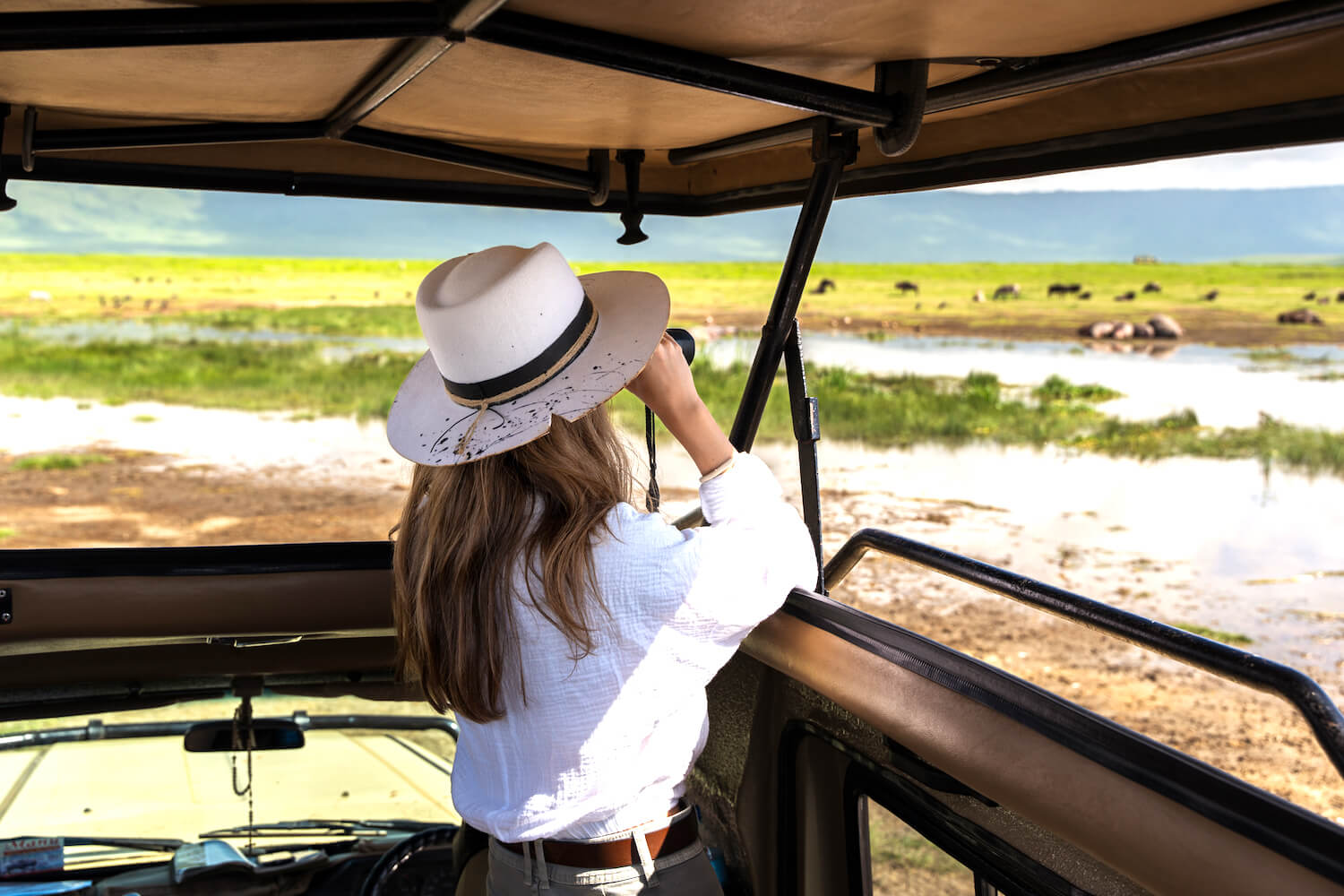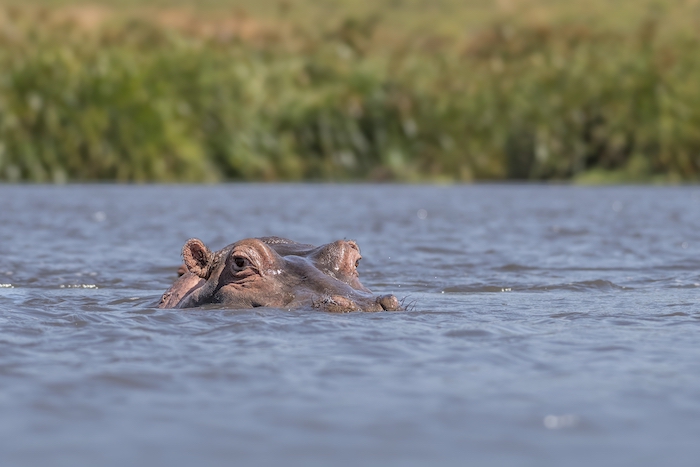- About Us
- Contact Us
- Call Our Experts
Frequently Asked Questions (FAQ)
We want to ensure that you have all the information you need to plan your dream adventure in Tanzania. Below are answers to some of the most frequently asked questions by our clients. If you have more questions, don’t hesitate to reach out to us directly!
1. Do I need a visa to travel to Tanzania?
Yes, most visitors to Tanzania require a visa. Citizens from many countries can obtain a tourist visa upon arrival at the airport or apply for an eVisa before travel. Be sure your passport is valid for at least six months beyond your travel dates and has at least one blank page. We recommend checking visa requirements based on your nationality ahead of time to ensure a smooth entry into Tanzania.
2. What is the best time to visit Tanzania?
The best time to visit Tanzania depends on the experience you’re looking for:
- For safaris:The dry season, from June to October, is ideal for wildlife viewing as animals gather around water sources.
- For Mount Kilimanjaro climbing:The best months are January to March and June to October, when the weather is favorable for trekking.
For Zanzibar beach vacations: The dry season, from June to October and December to February, offers the best weather.
3. What vaccinations do I need before traveling to Tanzania?
We recommend getting vaccinations for Yellow Fever, Typhoid, Hepatitis A, Hepatitis B, Tetanus, and Malaria before your trip. Malaria prophylaxis is also recommended for travelers going to rural areas. Please consult with your doctor or a travel clinic well in advance of your trip to ensure you’re fully prepared.
4. Is it safe to travel to Tanzania?
Yes, Tanzania is a safe destination for tourists. The country is known for its friendly and welcoming people, and it attracts millions of visitors each year. That said, it’s always important to follow safety precautions, such as traveling with a reputable tour operator, avoiding remote areas at night, and taking precautions against malaria. We prioritize your safety and work with experienced guides who are trained to handle all aspects of your trip.
5. What currency is used in Tanzania?
The official currency is the Tanzanian Shilling (TZS). However, US dollars are widely accepted in tourist areas. It’s a good idea to carry some local currency for smaller purchases or tips. ATMs are available in major cities like Arusha and Dar es Salaam, and most high-end lodges accept credit cards.
6. Do I need to bring my own safari gear?
While you don’t need to bring everything, there are a few essential items to pack for your safari:
- Neutral-colored clothing(beige, khaki, or green) to blend in with the surroundings.
- A wide-brimmed hatfor sun protection.
- Sturdy shoesfor walking safaris.
- Sunscreen, sunglasses, and a camera.
We’ll provide you with more specific recommendations based on your itinerary and the activities you’ll be doing.
7. How do I get around Tanzania?
Tanzania offers various transportation options:
- Domestic flights:For long-distance travel within Tanzania, we recommend taking domestic flights between major airports (e.g., Arusha to Zanzibar or Serengeti).
- Private vehicles:For safaris, we provide 4×4 vehicles that offer comfortable and safe transportation with a guide.
- Boats:If you’re visiting Zanzibar, boats or ferries can be used to explore the surrounding islands.
8. What is the food like in Tanzania?
Tanzanian cuisine is flavorful and varied, influenced by Swahili, Arab, and Indian flavors. Typical dishes include:
- Ugali (cornmeal porridge)served with vegetables, meat, or fish.
- Nyama Choma (grilled meat), often served with rice, chapati, or plantains.
- Fresh seafood, especially on the coast or in Zanzibar.
- Fruitslike mangoes, pineapples, and papayas are commonly available.
If you have dietary restrictions or preferences, let us know in advance, and we will do our best to accommodate your needs.
9. Can I combine a safari with a beach vacation?
Yes, absolutely! Many of our travelers choose to combine a thrilling safari with a relaxing beach getaway. After exploring the incredible wildlife in places like the Serengeti or Ngorongoro Crater, you can unwind on the beautiful beaches of Zanzibar or Pemba Island. We can create a custom itinerary that fits your interests and timeline.
10. How long should I spend on a safari in Tanzania?
The length of your safari depends on the destinations you want to visit. We recommend at least 6-8 days for a comprehensive safari experience that includes a visit to the Serengeti, Ngorongoro Crater, and Lake Manyara or Tarangire National Park. For those with more time, a longer safari can include more remote parks and reserves for an even deeper experience of Tanzania’s wildlife.
11. Is it possible to visit Mount Kilimanjaro without summiting?
Yes, you can enjoy the lower slopes of Mount Kilimanjaro without summiting. Day hikes to Mandara Hut or Machame Route allow you to enjoy the breathtaking views, beautiful forests, and diverse wildlife while avoiding the full trek to the summit. These day trips are perfect for those looking to experience Kilimanjaro’s beauty without the challenge of summiting.
12. What should I do if I have an emergency during my trip?
In case of an emergency, please contact our team immediately. We are available 24/7 and will provide assistance. We’ll also make sure that you’re aware of emergency contact numbers, including your guide’s contact details and local medical facilities.
What our client say about Us

Wonderful tripWe (6 people from Austria, Poland and Greece) booked a 10 day private safari with Tanzania Experience, visiting Tarangire, the Serengeti, Ngorongoro, Arusha and Arusha National park, and the Kilimanjaro. Thanks especially to our excellent guide, it was a wonderful journey filled with exciting adventures. Our Guide was extremely helpful, constantly trying to find the most exciting spots, solving any problem that occurred, including getting the car that was stuck in the mud out again. If you plan a trip to see the wildlife in Tanzania, then we can unconditionally recommend this travel agency and especially our guide, they will make your trip an unforgettable one.

Join/Follow us on



